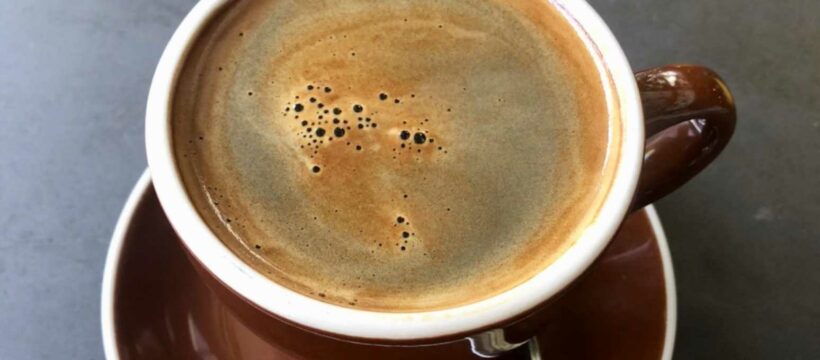MOST sleep experts will tell you to stay well clear of coffee if you’re off to bed.
But one neuroscientist says a dose of caffeine is a secret hack of professional nappers.
Brice Faraut, who researches the effects of restricting sleep at the Hôtel-Dieu Hospital in Paris, knows all the tricks in the book to combat sleep deprivation.
In his new book, Saved by the Siesta, he reveals why a cup of coffee can go hand-in-hand with a nap.
Napping, he says, is “becoming more culturally acceptable” and studies show a daily kip is “ a highly effective, all purpose remedy for sleep deficit”.
“There is scientific evidence that the practice can not only cure extreme fatigue, but combat drowsiness, pain, immunological fragility, stress, hypertension, obesity and cardiovascular disease”, he said.
Brice says that drinking coffee immediately before a 20 to 30-minute nap will help you to overcome grogginess when you wake up, The Times reported.
"Caffeine takes about 20 minutes to kick in and stimulate the brain, which means that you will still fall asleep, but after a 20 to 30-minute nap the caffeine will help you wake up more alert for four to six hours afterwards," Brice said.
“It's a favourite trick of regular nappers."
Most read in Health
SYMPTOM CHECKThe signs someone else in your home has Omicron without realising
I was told to ‘lose weight’ to cure fatigue but now I'm fighting for my life
Everything you can and can't do as Covid rules change from MIDNIGHT
UK daily Covid cases drop 21% in a fortnight as 94,326 new infections reported
The “caffeine nap”
Brice’s whacky approach to a mid-day energy boost has been studied, with promising results.
For example, a Japanese study of 10 adults showed that those who had a 15 minute “caffeine nap” performed better on computer tasks than those who had a nap followed by a face wash or exposure to bright light.
Coffee and sleep are not typically paired together – if there is one piece of common advice for the sleep deprived, it’s to avoid caffeine.
Although it can help perk you up for immediate tasks, it can throw off your sleep pattern even more by keeping you awake into the night.
The body takes around four to six hours to break down half the effects of caffeine, called its “half-life”, according to the Sleep Foundation.
This means that, if you have a coffee in the afternoon, it could keep you awake once you go to bed at 10pm.
Even if you do not feel the “buzz” of coffee anymore, its effect on the brain – to block the sleep-promoting chemical adenosine – may leave you tossing and turning.
Brice agrees, and suggests to offset this problem, you should never take a nap of any kind too late in the day.
A 20-minute nap after 5pm could backfire because it “could make it more difficult to fall asleep at night”, he said.
As a rule of thumb he recommends an interval of at least six hours between napping and bedtime.
Brice also recommends sticking to the sweet spot of a 20 to 30 minute nap. Anything more could make you feel worse.
"The restorative properties of a siesta are determined by the sleep stages you enter when you do it,” he said.
“In a five or ten-minute nap you are mostly in light slow-wave sleep, whereas deep slow-wave sleep, the most restorative type, sets in after about 20 minutes."
Being forced awake by an alarm during deep sleep can make you feel disoriented and rough.
"A power nap of ten minutes is usually enough to offset the effects of one hour too little sleep at night and is perfect preparation for afternoon meetings," Brice said.
"The advantages are that it won't result in post-sleep grogginess, although neither does it last long enough to produce restorative deep, slow-wave sleep."
Source: Read Full Article





